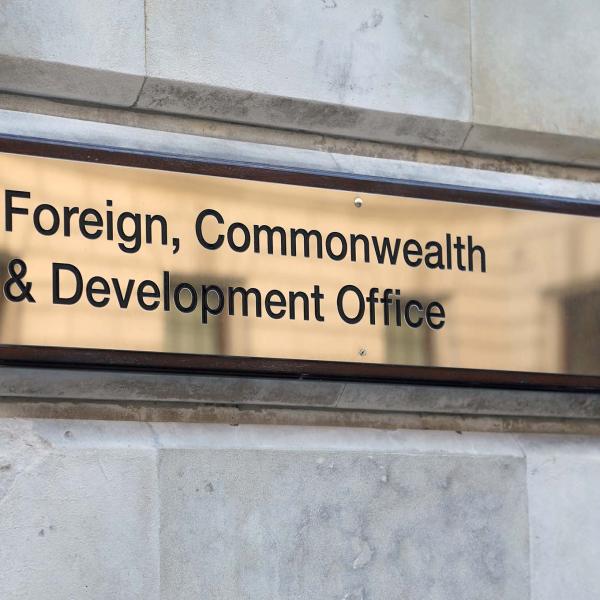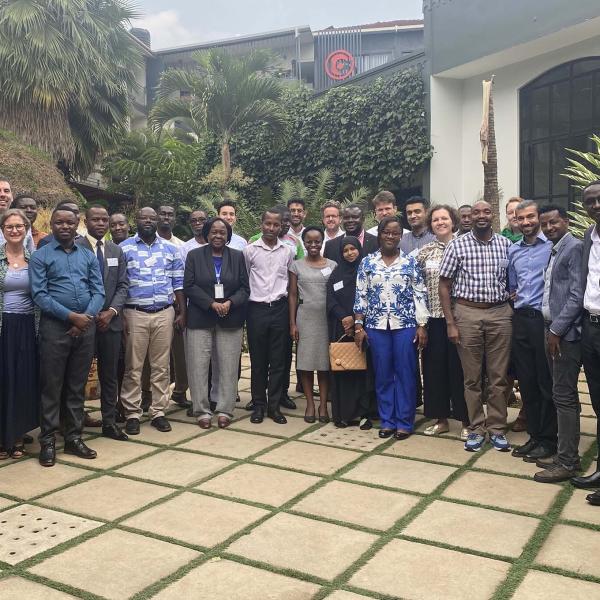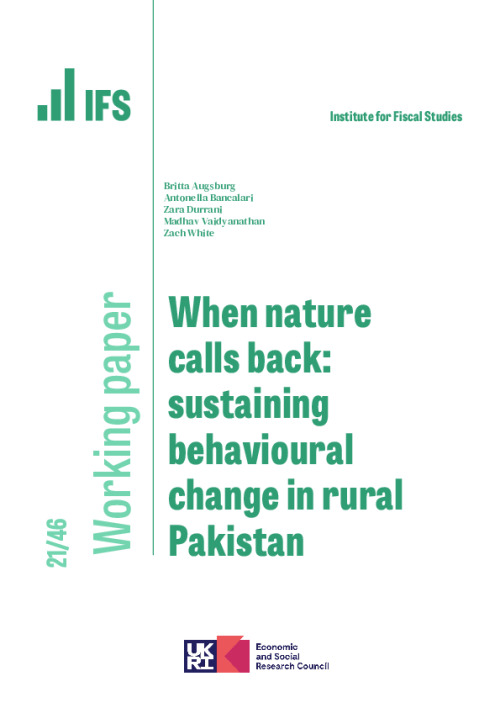Downloads
We implement a mixed method approach that combines a randomized controlled trial and qualitative data collection to assess whether, and if so how, behavioural change can be sustained. We do so in the context of Pakistan’s national sanitation strategy to combat open defecation, Community-Led Total Sanitation. Our findings demonstrate that continued follow-up activities, that build on the original intervention, reduced reversal to unsafe sanitation, but only where initial conditions are unfavourable —i.e. poor public infrastructure and low-quality sanitation facilities. Promotion efforts are hence best targeted towards those that face larger difficulties in constructing and maintaining high quality sanitation.
Authors

Associate Director
Britta is an IFS Associate Director, Associate Staff at the Department of Economics at the UC and Researcher at NIHR Obesity Policy Research Unit.

Senior Research Economist
Antonella Bancalari is a Senior Research Economist at the Institute for Fiscal Studies.

Zara Durrani

Madhav Vaidyanathan

Zach White
Working Paper details
- DOI
- 10.1920/wp.ifs.2021.4621
- Publisher
- Institute for Fiscal Studies
Suggested citation
Augsburg, B et al. (2021). When nature calls back: sustaining behavioural change in rural Pakistan. London: Institute for Fiscal Studies. Available at: https://ifs.org.uk/publications/when-nature-calls-back-sustaining-behavioural-change-rural-pakistan (accessed: 30 June 2024).
More from IFS
Understand this issue

What is the case for carbon taxes in developing countries?
Carbon pricing can be a powerful tool for reducing greenhouse gas emissions. What are the risks and opportunities from such policies in developing countries?
4 November 2021

Liberal Democrat manifesto: a reaction
10 June 2024

Retirement is not always a choice that workers can afford to make
6 November 2023
Policy analysis

Three ways to improve the design of the UK’s overseas aid spending target
18 January 2024

Distributional analysis of Ghana’s tax system
18 December 2023

FCDO renews TaxDev funding for the next seven years
19 September 2023
Academic research

Forced displacement, mental health, and child development: Evidence from Rohingya refugees
10 May 2024

Targeting men, women or both to reduce child marriage
28 May 2024

Keeping the peace whilst getting your way: Information, persuasion and intimate partner violence
17 May 2024
